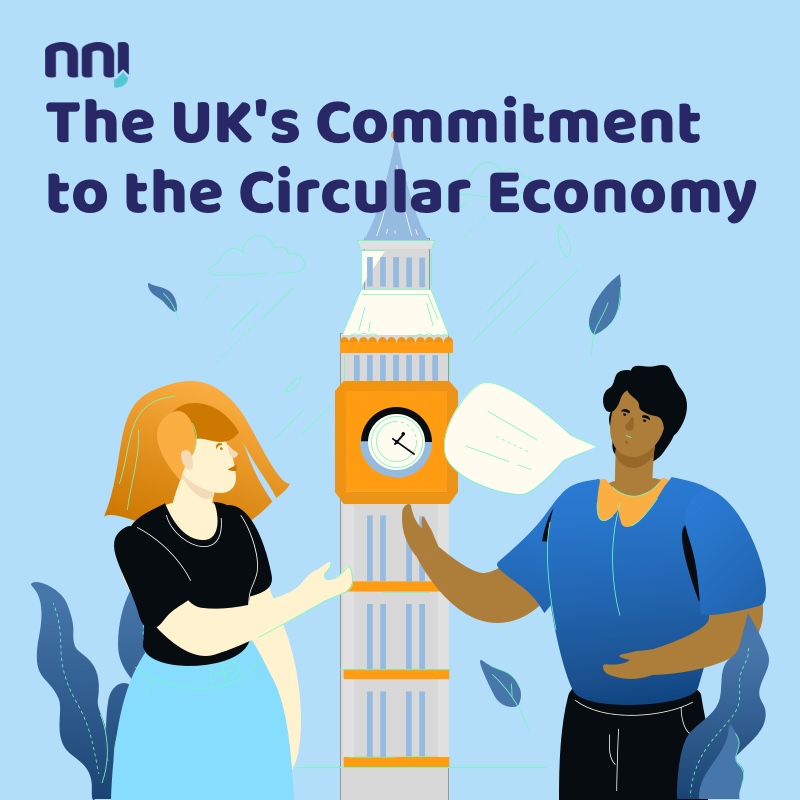As the world grapples with environmental challenges, the concept of a circular economy has emerged as a powerful solution to drive sustainable development while minimizing waste and resource depletion. Amidst this global paradigm shift, the United Kingdom has positioned itself at the forefront of the circular economy movement. In this post, let’s explore the UK’s commitment to embracing circular principles and how it is shaping the future of sustainable growth.
1. Policy Leadership:
The UK government has demonstrated unwavering commitment to transitioning to a circular economy by implementing progressive policies and initiatives. Strategies such as the “Resources and Waste Strategy” and the “Clean Growth Strategy” prioritize resource efficiency, waste reduction, and sustainable manufacturing practices. By providing a clear regulatory framework and financial incentives, the UK government is encouraging businesses across sectors to adopt circular practices, fostering innovation and driving sustainable growth.
2. Collaboration and Partnerships:
The circular economy demands collaboration between industry players, policymakers, academia, and civil society. The UK has fostered strong partnerships across these sectors to drive collective action. Collaborative initiatives like the UK Circular Plastics Network and the Circular Economy Task Force create platforms for knowledge sharing, resource pooling, and joint innovation. These collaborations foster a supportive ecosystem and enable collective problem-solving, accelerating the transition towards a circular economy.
3. Sustainable Supply Chains:
The UK recognizes that a circular economy necessitates reevaluating traditional linear supply chains and embracing circular supply chains. From design to procurement, production, and waste management, businesses are encouraged to adopt practices that prioritize resource efficiency, recycling, and closed-loop systems. By reusing, remanufacturing, and recycling materials, companies can minimize waste, reduce their carbon footprint, and drive circularity throughout their value chains.
4. Circular Innovations and Technology:
The UK has emerged as a hub for circular innovation and entrepreneurship, supported by robust research and development in sustainable technologies. From advancements in eco-design and materials science to waste-to-energy solutions and smart recycling technologies, British innovators are driving disruptive change. These innovations not only reduce environmental impact but also present new business opportunities, creating a circular economy ecosystem for sustained prosperity.
5. Economic and Social Benefits:
Embracing the circular economy offers both economic and social advantages. By recycling and reusing materials, businesses can reduce costs, increase resource efficiency, and secure long-term supply chains. Moreover, the circular economy promotes job creation, skills development, and economic resilience. By adopting circular principles, the UK is not only protecting the planet but also driving economic growth and creating a sustainable legacy for future generations.




